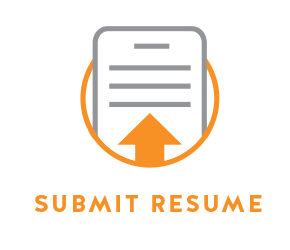Things to Consider when Hiring Remote Employees
Hiring employees is one important activity and the process should be methodical and thoughtful. In the last year, remote working has been on the rise. When hiring a remote employee, the decision requires more analysis.
Working from home or remotely without direct supervision is not as easy as it seems. To be successful, remote employees have to be more self-motivated, disciplined, problem-solving, and tech-savvy than required in the office-based setting. By crafting an interview strategy with additional considerations and questions, a hiring manager can more successfully navigate the hiring process in selecting ideal candidates for a remote position.
In this Meduvi Journal article, we will have a quick overview of different strategies that a hiring manager can adopt for selecting a successful candidate for working remotely full-time.
Skills and Traits to Look for in Remote Employees
Remote employees are like any other employee in an enterprise. In addition to the skills and traits we look for in assessing an in-office staff member for things, such as determination, good expertise about their work, critical thinking, and similar others, there are other things to consider for hiring remote employees. These include:
· Self-motivation and emotional intelligence.
· Ability to work independently.
· Disciplined and abide by deadlines.
· Good communication skills.
· Reliability.
· Ability to work through ambiguity.
Key Interview Questions to Ask Candidates
Since the skills and traits required for remote employees are different, a hiring manager should ask questions that help in analyzing those qualities.
The most essential question to ask while interviewing is why the candidate wants to work remotely. This question will help in better understanding the perspective of the candidate about their motivation in working a remote job. Besides this key question, some of the other important remote-centric questions to ask include:
· What is the schedule that you are seeking?
· How do you keep yourself motivated?
· Think of a time when very little direction was given to you for a task, so what did you do?
· Do you have any past experience in remote jobs?
· How do you communicate with other team members in a remote setting?
· How do you organize your workload?
· When you are behind on your goals, how do you get back on track?
· Do you have high-speed internet?
· Do you have a dedicated quiet space at home to work effectively?
A Note about Reference Checks
In addition to the interviews, a hiring manager can also perform reference checks to further assess a prior employer's feedback on the candidate's ability to perform while working remotely.
Additional Considerations
Apart from the above questions, a hiring manager can use multiple different strategies to analyze the candidates for remote positions. For example, the manager can devise a recruitment process involving personality tests and technical skills assessment tests. This will help in gauging the understanding and ability of candidates in using software, digital tools, and apps. Similarly, conducting multiple interviews remotely with different interviewers to gauge candidate's communication and skills is also helpful in making the right hiring decision.
In summary, depending on what performance is expected from the remote employee, the hiring manager can devise a strategic hiring approach accordingly.







